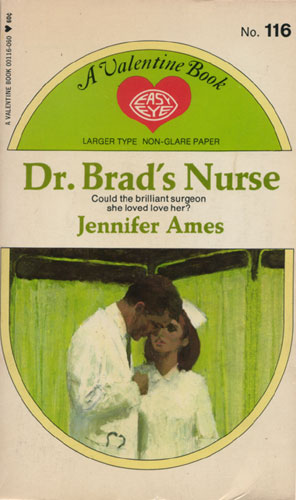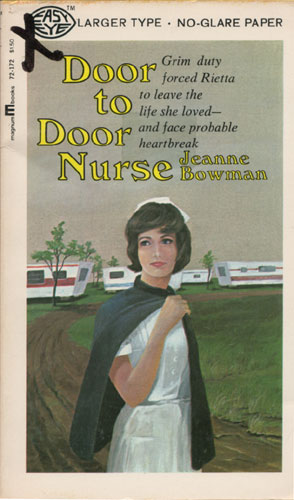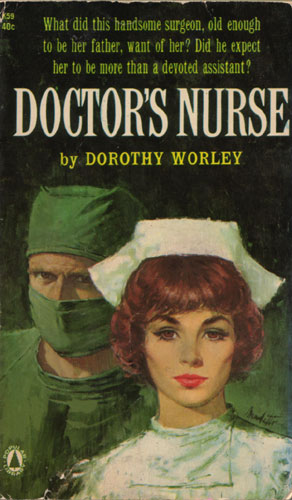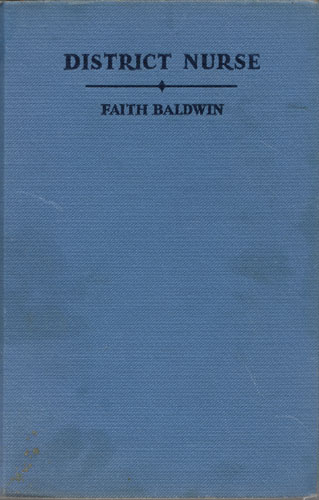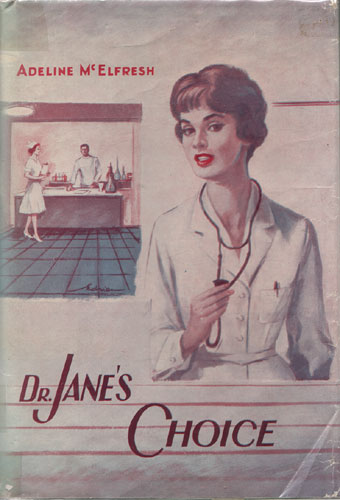
Dr. Jane Langford Latham, believing that her love for Dave Riley is not big enough for marriage — certainly not the all-encompassing love she had felt for Bill Latham — leaves Halesville, Indiana, for Central City, where she has been offered the post of Director of Out-Patient Medical and Nursing Service at City Hospital. In Central City, away from Dave, she feels she can come to a decision about her future and, at the same time, perform a valuable service.
But City Hospital has changed. Dr. Grady Blaine, an ambitious and self-seeking man, is now chief of staff, replacing the beloved Dr. Warren of Dr. Jane’s internship years at City. At every step of the way, Dr. Jane is opposed by Grady Blaine, and when, because of the needless death of a young girl in “Rivertown,” she becomes involved in an active campaign to clean up Central City’s slum district, Dr. Blaine’s hostility becomes an open and malevolent thing.
Homesick for Halesville — more homesick, too, for writer Dave Riley than she will acknowledge — Jane welcomes the opportunity to visit Johnson Memorial Hospital and talk with Dr. James Hanna, upon whose shoulders has fallen the full burden of Dr. Jane’s former practice. Dr. Hanna has a “case” he wishes to discuss with Jane, he says, but Jane finds that the case is a hypothetical one involving an article Dave Riley is writing…
Dr. Hanna’s ruse to get Dr. Jane back to Halesville works — her choice is made. She returns to Central City to complete the reforms she has started, secure in the knowledge that her real happiness lies in Halesville, working with Jim Hanna and loving the reporter-turned-writer whom Fate had sent thousands of miles to meet a dedicated young woman doctor in a lonely mission post in Africa.
